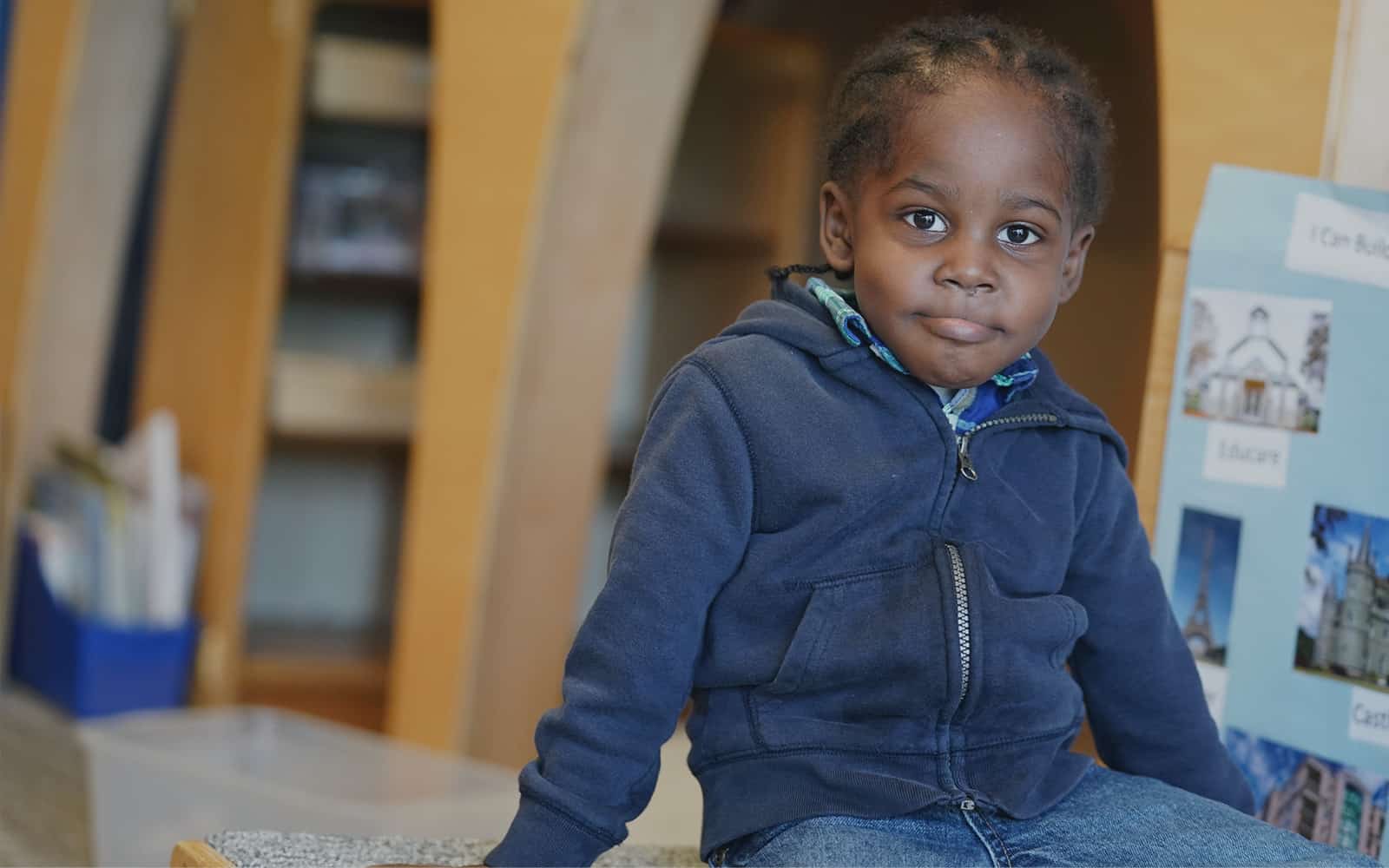In this blog, Kristin Bernhard, Start Early senior vice president of policy and advocacy, shares our work towards building back a better early childhood system that addresses and diminishes the inequities that exist for our youngest learners and families.
The COVID-19 pandemic has served as a report card on the status of our society — and not a very flattering one. It has exposed and highlighted the profound inequities, from health care to affordable housing, that exist from coast to coast. We have seen that nearly every aspect of the social safety net is weaker than we had hoped; in particular, the limitations and weaknesses of our country’s early childhood system have been thrown into stark relief.
At the same time, we have been reminded that racism permeates our communities, risking the physical and social-emotional safety and well-being of the children, families and caregivers with whom we work so closely. We have been called upon to renew our collective commitment to racial equity and finally undo generations of institutional racism that continue to traumatically impact children and families.
Now, we have a choice: 1) rebuild the fragile, inequitable early childhood system that was in place prior to the pandemic, 2) or build it back better by collaboratively rethinking and improving early learning and care programs by proactively addressing existing disparities and ensuring that programs meet the needs of children and families. We must work towards the latter.
How?
- By inviting more voices into the conversation about rebuilding and recovery
- By identifying gaps in who is represented in these critical conversations and exploring how we can engage with and learn from more diverse groups of partners
- By centering voices of those most directly and disproportionately affected by the pandemic’s impact and amplifying them to make systemic changes that are responsive to the emergent needs of families and early learning and care programs
- By pairing the lived experiences of minority and historically under-resourced communities with the Start Early’s research, program, advocacy and policy tools — in order to activate the field to demand that policymakers build back better
In order to do this right, we must engage in conversations about building back a better system where race, ethnicity, zip code, socioeconomic status and other related factors do not predict a child’s growth and development or access to resources.
As we continue to see the detrimental impact of the COVID-19 pandemic unfold, we are, however, also witnessing innovation in action through the responses of providers, communities, policymakers, researchers and countless other early childhood stakeholders. For example:
- Teachers and other educators have rapidly learned and implemented new technologies to support at-home learning and family engagement efforts.
- Policy and practice changes have allowed the use of telehealth and other virtual communication tools for home visiting and early intervention services.
- Researchers have sprung into action to document the experiences of families and service providers.
- State administrators have streamlined the procedures for accessing child care subsidies and services.
We must acknowledge, applaud and leverage the flexibility and swift action brought on by the pandemic to inform how we rebuild.
Through the Build It Back Better initiative, Start Early is partnering with early childhood stakeholders from across the country to share their challenges, innovative solutions and ideas about what major questions must be asked and considered during this unprecedented time. It is our goal to collaborate with families, communities and local, state and federal leaders to amplify these critical questions and perspectives to best inform decision-makers’ efforts and respond to the changing needs of children, families and practitioners.
As we examine lessons learned so far from this pandemic, we can recreate the conditions in which inequities persist and worsen in crisis — or we can build it back better, more equitably and more sustainably. Now more than ever, we must underscore that ample investment in early learning and care is essential for addressing and diminishing the inequities that exist for our youngest learners and families.



